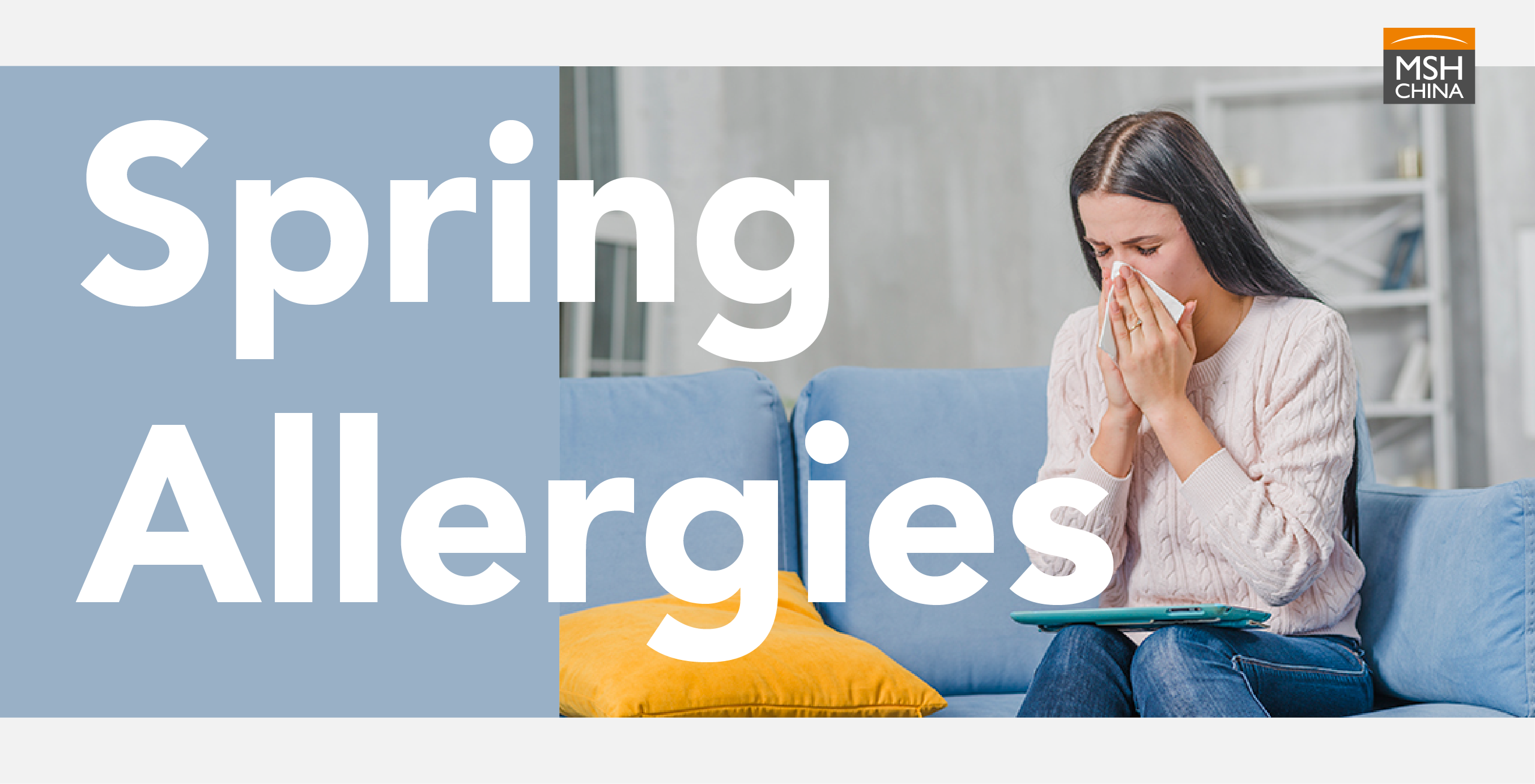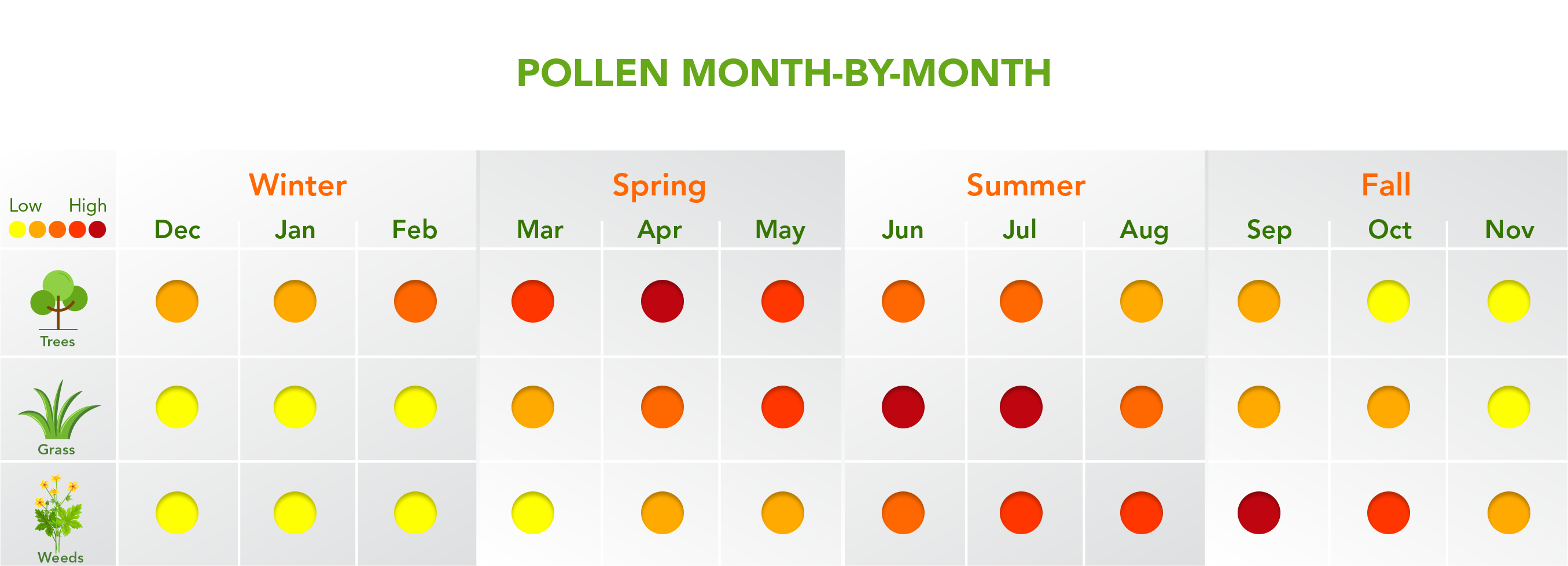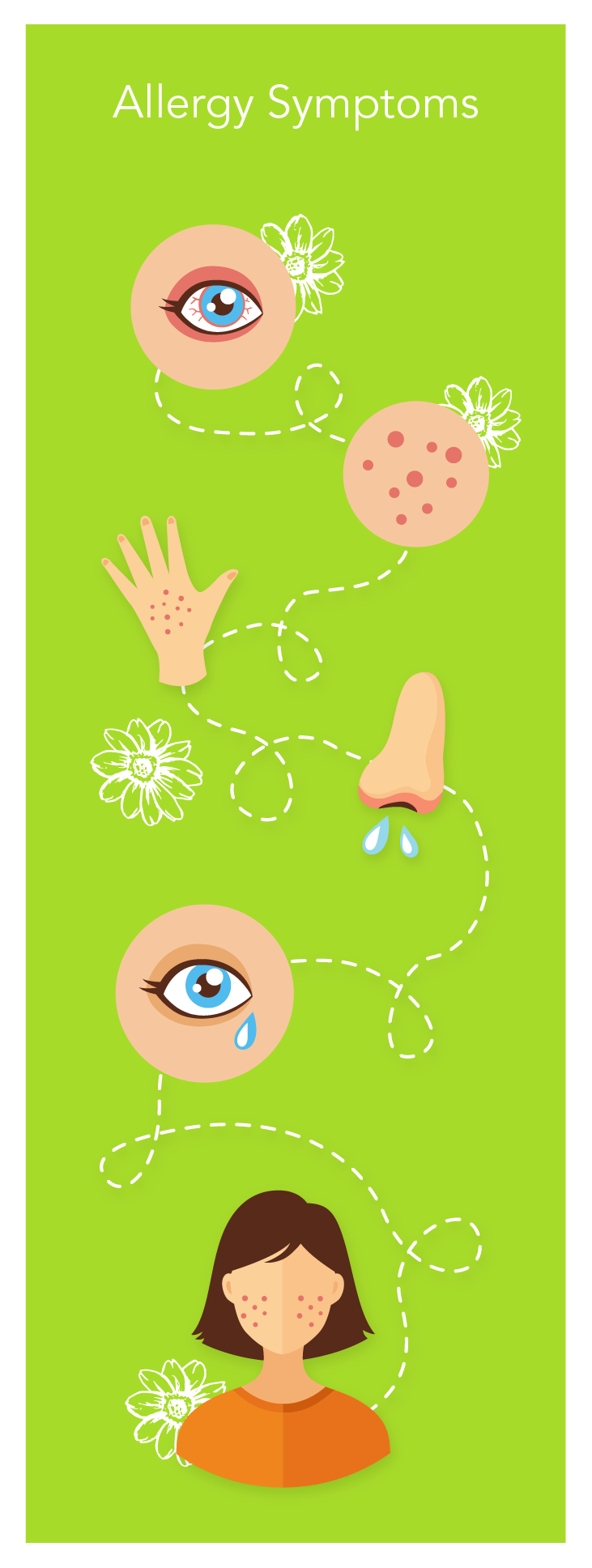Back to list
2020-03-17 14:20:59

Spring
is a lot of people’s favorite season, however, for some, spring is unfortunately
associated with sneezing, runny nose, the feeling of weakness, and itchiness. All
around the world, people experience it and at some point we can’t really
do anything about, except prevent it.
What are spring allergies and why do
they happen?
Spring
allergens are very common and one of the most common ones is pollen. Pollen is
a substance fertilizing other plants. What happens is that these tiny particles
come into our nose, skin, and eyes. The body’s immediate response triggers the
whole immune system to be on guard and fight whatever that substance is.
A
lot of people may be confused by this, thinking their immune system is weaker, while
it is not the case. Usually the immune system does not recognize what pollen
is, so it launches an attack to get rid of it. This includes sneezing,
coughing, running nose, and itchiness. These are all defense mechanisms our
bodies accomplish in order to eject any foreign substances that could harm the
body.
The
same immune response is done when the body thinks there is a virus or an
infection. The only problem is that for those that have a spring allergy, the
body’s immune response hits as hard as possible as if it were a deadly virus.
Another
thing that can cause them in spring is the increased scents released by trees,
grass, and weeds such as Alder, Ash, Aspen, Beech, Cedar, Cottonwood, Bermuda,
Fescue, Johnson, and June. There are other trees and plants that have more
intense reactions and the severity of the immune reaction seems to be different
from one person to another.

Treatment for spring allergies:
One
of the main ways to treat a spring allergy is with oral antihistamines which
can suppress the histamine that causes the immune response.
Chinese medicine offers many solutions and natural remedy for people with pollen allergy. Acupuncture is one of them: three points around the nose and you can reduce headache, clear the sinuses and improve your energy.
Other treatments
can be prescribed by a doctor such as nose sprays and eye drops, but it really
depends on the quality of the medications. In fact, if you have a mild reaction
to pollen, then it’s best to stay away from medications because they could have
an adverse effect on your health (dry mouth, drowsiness, dizziness, nausea and
vomiting, for example).

How to prevent spring allergies:
As
mentioned, there really is no way to treat it other than suppressing your
immune response which is not the best thing to do if you’re trying to optimize
your health. However, there are a few tricks you could use in order to help
prevent spring allergies or at least reduce their effects.
The
first is to recognize what type of pollen doesn’t work with your body and stay
away from it.
You could also choose to protect yourself from pollen by staying
indoors when you know it’s going to be a high count day. Otherwise, make sure
you close all your windows because they could leak into your bedroom which
would make your sleep experience a nightmare.
You
should also make sure you’re dusting your home frequently to prevent any
particles from staying at your house. An extra tip is to keep an extra shirt in
case your shirt touched pollen, that way, you can remove the shirt and prevent
those sneeze attacks.
You
should also think about purchasing an air filter that has the option to keep
your home clear out of pollen in the spring season. This can be very important
especially if you have a garden, a backyard, or if you grow plants in your
home.
<